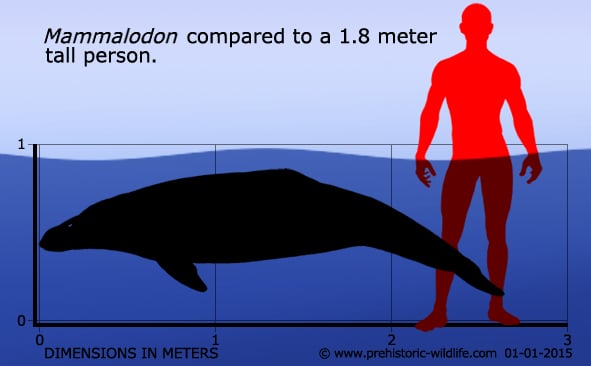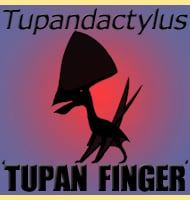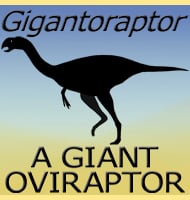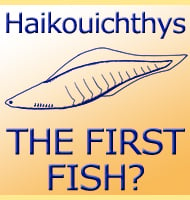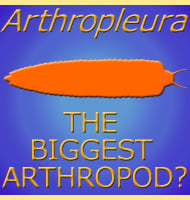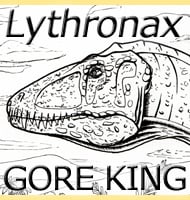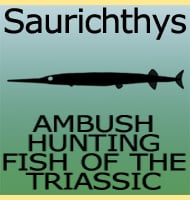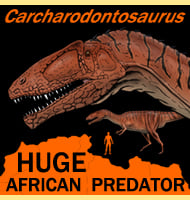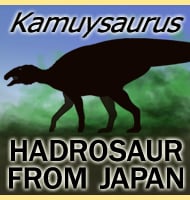In Depth
Features of this cetaceans fossils indicate that Mammalodon was a baleen whale, although surprisingly it did not actually have baleen but instead well-developed teeth. Since it could not feed like baleen whales, Mammalodon must have done something different although what is uncertain. There is however one theory that suggests Mammalodon may have sifted through soft sediment such as mud while others consider it an open water predator. Mammalodon is the type genus of the Mammalodontidae and was the only member of this group until the description of Janjucetus in 2006.
Further Reading
– On the discovery of a fossil whale in the older Tertiaries of Torquay, Victoria. – The Victorian Naturalist 55(9):151-159. – B. G. Pritchard – 1939. – A review of the Tertiary fossil Cetacea (Mammalia) localities in Australia. – Memoirs of the Museum of Victoria 61(2):183-208. – E. M. G. Fitzgerald – 2004. – Cladistic analysis and a revised classification of fossil and recent mysticetes. – Zoological Journal of the Linnean Society 150:875-894. – M. E. Steeman – 2007. – The morphology and systematics of Mammalodon colliveri (Cetacea: Mysticeti), a toothed mysticete from the Oligocene of Australia. – Zoological Journal of the Linnean Society 158:367-476. – E. M. G. Fitzgerald – 2010. – Mysticetes baring their teeth: a new fossil whale, Mammalodon hakataramea, from the Southwest Pacific. – Memoirs of Museum Victoria. 74: 107–116. – R. E. Fordyce & F. G. Marx – 2016.
